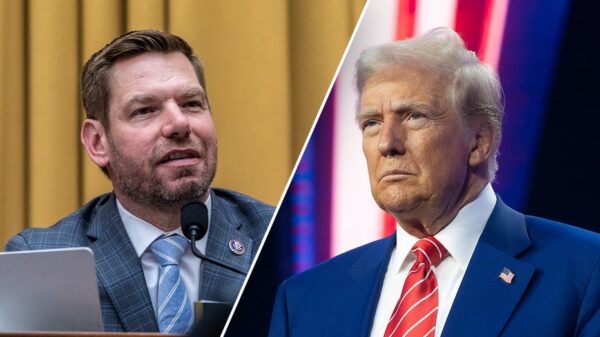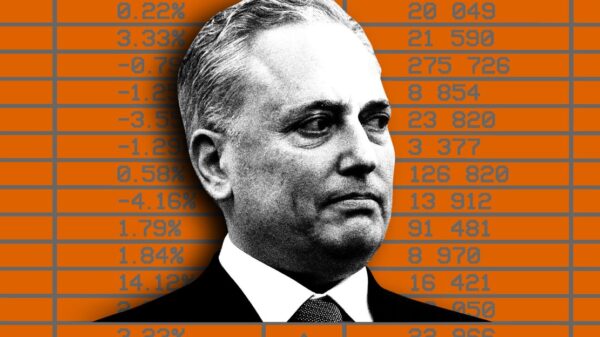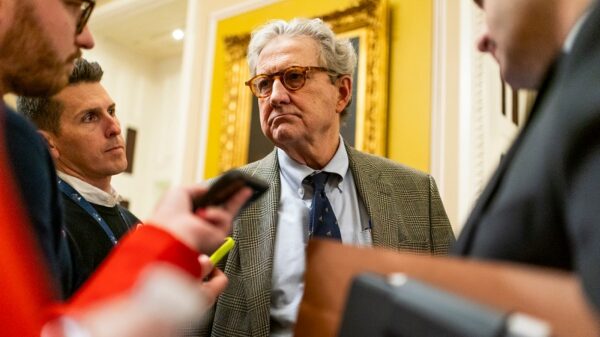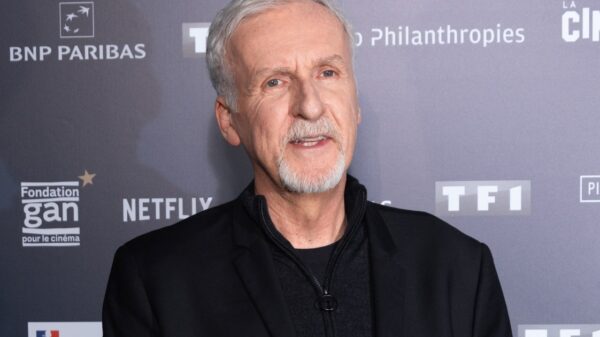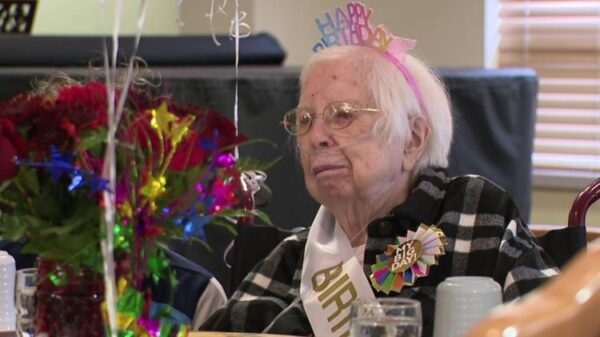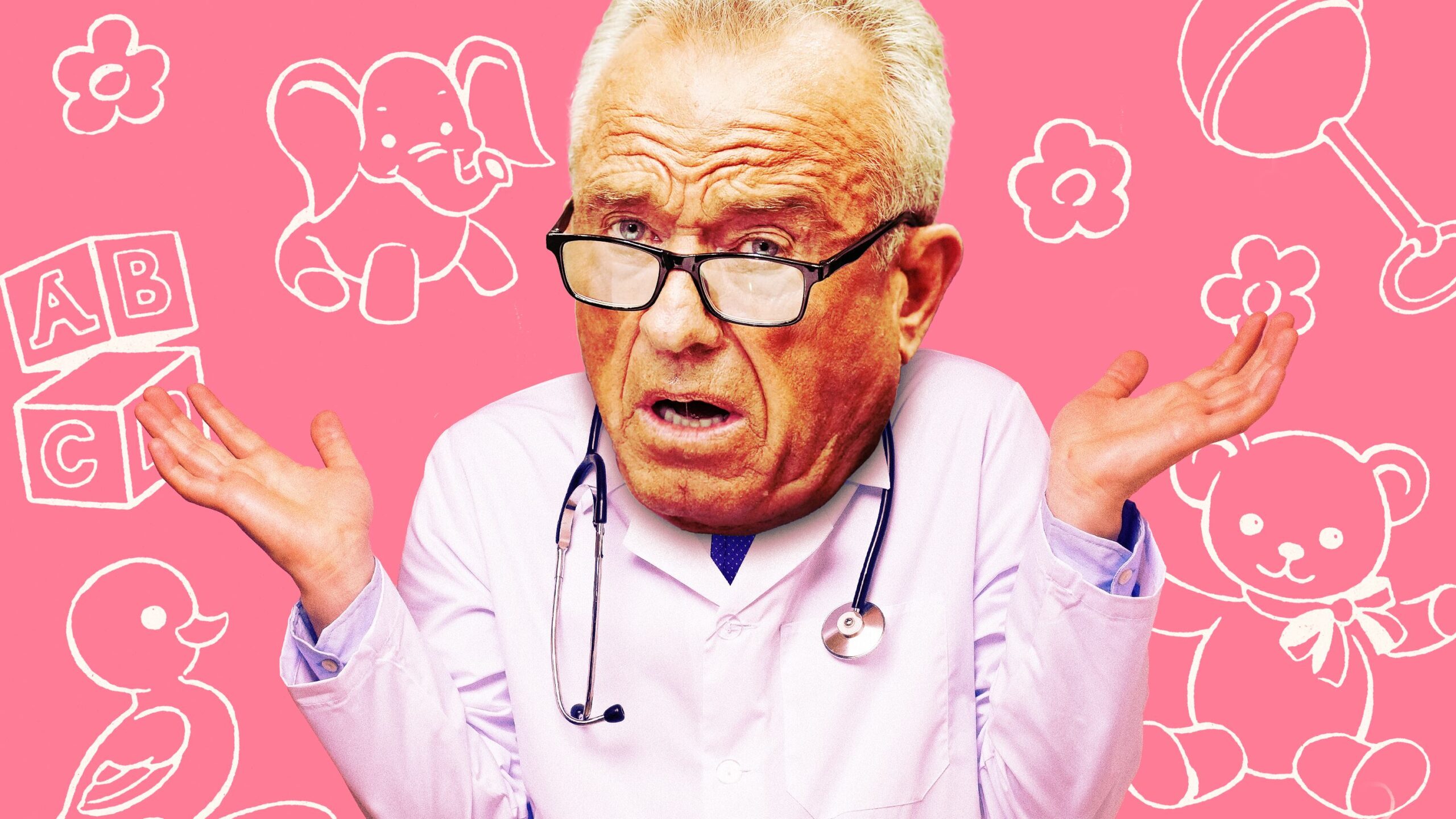UPDATE: In a shocking Cabinet meeting on October 12, 2023, Health and Human Services Secretary Robert F. Kennedy Jr. made a critical error regarding basic female anatomy, igniting widespread mockery on social media. Kennedy’s comments about the effects of Tylenol during pregnancy and a viral TikTok video left many questioning his grasp of health issues.
During the meeting, Kennedy recounted an anecdote involving a Columbia University associate professor who, in a TikTok video, discussed her pregnancy while taking Tylenol. He incorrectly stated, “She was saying ‘F Trump’ and gobbling Tylenol with her baby in her placenta.” This statement drew immediate backlash as babies are formed in the uterus, not the placenta.
The video referenced by Kennedy features Dr. Michelle Vu, who confidently asserted in her TikTok that she was 28 weeks pregnant and taking Tylenol, emphatically stating her baby would not have autism. This response was part of a broader trend where pregnant women publicly challenged Kennedy’s controversial health advice.
Social media exploded with reactions, highlighting the gravity of Kennedy’s anatomical confusion. Political columnist Erin Ryan quipped, “With her baby in her placenta? How’d it get in there?” Author Shannon Watts added, “The Secretary of Health and Human Services, who is giving pregnant women medical advice, does not understand the difference between a uterus and a placenta.”
This incident is just one of several eyebrow-raising claims made by Kennedy during the meeting. He also asserted that children circumcised early have “double” the rate of autism, attributing this to Tylenol use, without citing any scientific studies. Furthermore, he claimed that Cuba has the lowest rate of acetaminophen use and autism, despite lacking evidence supporting this assertion.
The fallout from Kennedy’s remarks raises serious concerns about the credibility of the person overseeing health policy in the United States. Critics argue that such fundamental misunderstandings could undermine public trust in health guidance, particularly for pregnant women who rely on accurate information.
As the story develops, many are calling for accountability from Kennedy and urging a reevaluation of his role in the administration. The implications of his statements extend beyond mere gaffes— they touch upon the critical issue of misinformation in health policy.
Stay tuned for updates on this developing story and its potential impact on public health discussions.





